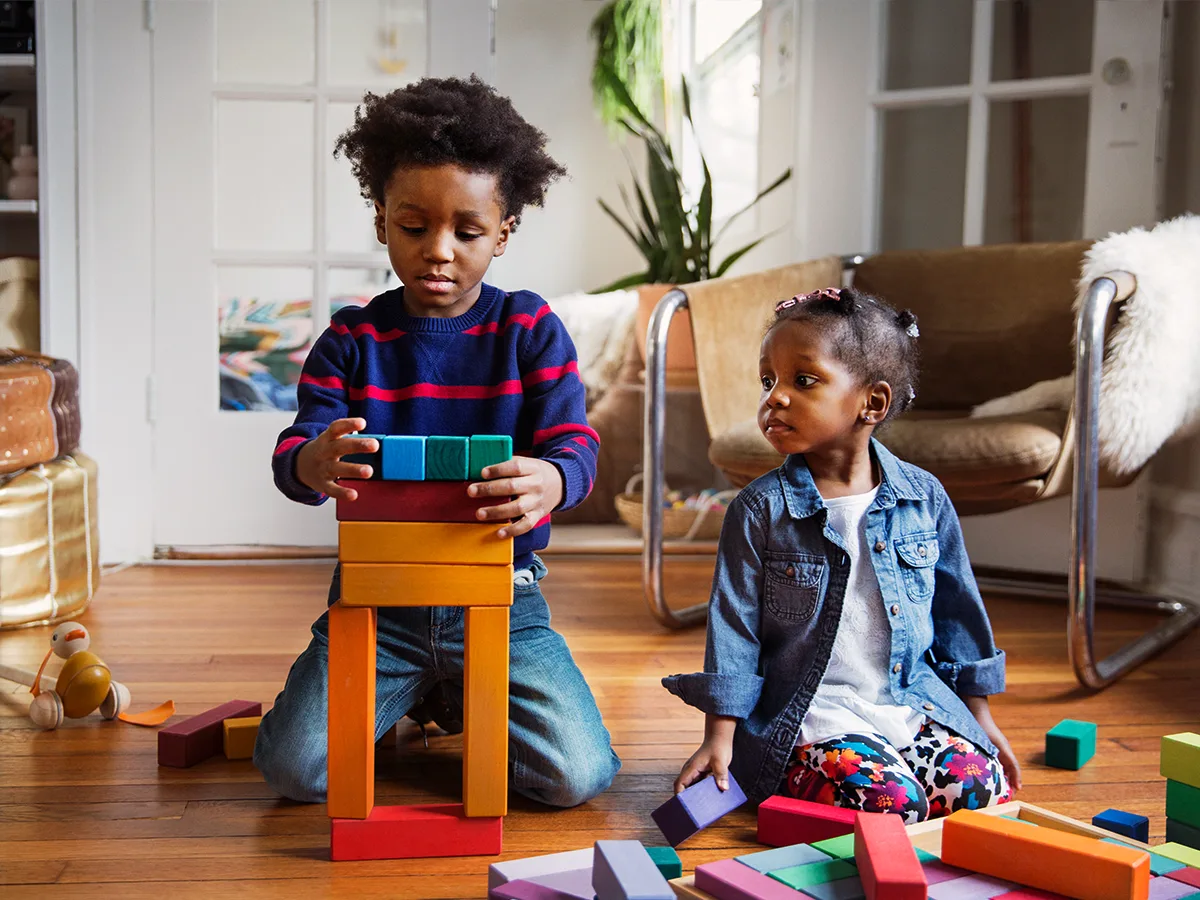How to deal with sibling rivalry when one child learns and thinks differently

At a glance
Brothers and sisters of kids who learn and think differently might feel overlooked or unappreciated.
It’s important to make sure each child gets time in the spotlight.
Open communication can make a big difference in helping all children in a family feel loved and valued.
Having a child who learns and thinks differently can make it hard to keep sibling rivalry in check. Brothers and sisters may resent a sibling who has specific challenges.
Here are some reasons why sibling rivalry may be a problem in families with a child who learns and thinks differently. Plus, learn some ways you can help to keep the peace at home.
1. “I get less attention.”
How it plays out: Kids who learn and think differently often need more time and attention from parents to do well in school and stay organized. It’s no surprise, then, when their brothers or sisters feel like they’re getting the short end of the stick.
What you can do: You may not be able to make everything equal between your kids. Plus it’s not necessary. But be sure that your other child gets time in the spotlight. Spend one-on-one time together. If the other child gets a good report card or tries out for the school band, be sure to offer praise for this achievement. And when things aren’t going so well for that child, address those needs, too.
2. “The rules aren’t fair.”
How it plays out: You expect a lot from the child who gets good grades in school and always behaves well. But you accept lower grades and inappropriate behavior from your child who learns and thinks differently.
What you can do: Make sure kids understand a brother or sister’s challenges — and how these struggles affect teachers, parents, and siblings as well as themselves. Let your child know that you love all of your kids, no matter what their grades or abilities are.
3. “I have to do more than my share.”
How it plays out: Your child makes their lunch. You also often ask your child to take care of the brother or sister who learns and thinks differently. On the other hand, the child with learning challenges has a hard time making their lunch so you do it for them. If that child has no other chores, their sibling is going to resent it.
What you can do: It’s important for kids who learn and think differently to do as much for themselves as possible. It helps them become more independent. And it may lessen sibling resentment.
That means you can try giving them chores just like their siblings, even if the tasks aren’t the same. For instance, your child who learns and thinks differently may not be able to make their lunch. But they may be able to make their bed.
It takes a lot of energy to model, practice, and explain how to do these tasks. It may seem easier to just do them yourself. But you’ll find that it’s worth it — for you and for your family.
4. “My sibling embarrasses me.”
How it plays out: Your child is embarrassed by the behavior of a brother or sister with learning or thinking differences. Maybe your child doesn’t want to have friends over or be seen in public with the sibling.
What you can do: Try to relate to your child’s feelings. Could your child be trying to protect a sibling from teasing? You can help kids brainstorm what to say to peers who make comments or ask questions about their sibling’s challenges.
5. “I’m not allowed to get upset.”
How it plays out: Kids with a sibling who learns and thinks differently often feel like they have to be perfect. They might think that they’re held to different standards — that they can’t make mistakes or express emotions like anger, fear, and frustration. When their sibling is crying or screaming, they might feel like doing the same. But they worry that acting out will only make things worse or disappoint their parents.
What you can do: Take time to talk about how your child is feeling. Allow the space for your child to express emotions. If your child needs a break from the action, go on a walk together. You can each vent your feelings while getting out of the house. It’s important to remind kids that you don’t expect perfection and that you know they’re dealing with stress, just like the rest of the family.
You can also try these tips for helping your kids build a strong relationship.
Key takeaways
It’s easy to fall into the trap of expecting less and doing more for kids who learn and think differently.
Siblings notice these differences and might feel resentful.
Each child in the family doesn’t have to be treated the same. But it’s important for all the kids to feel that their needs count.


